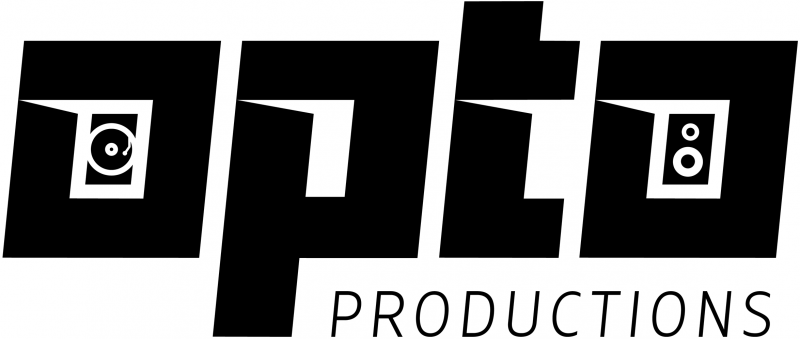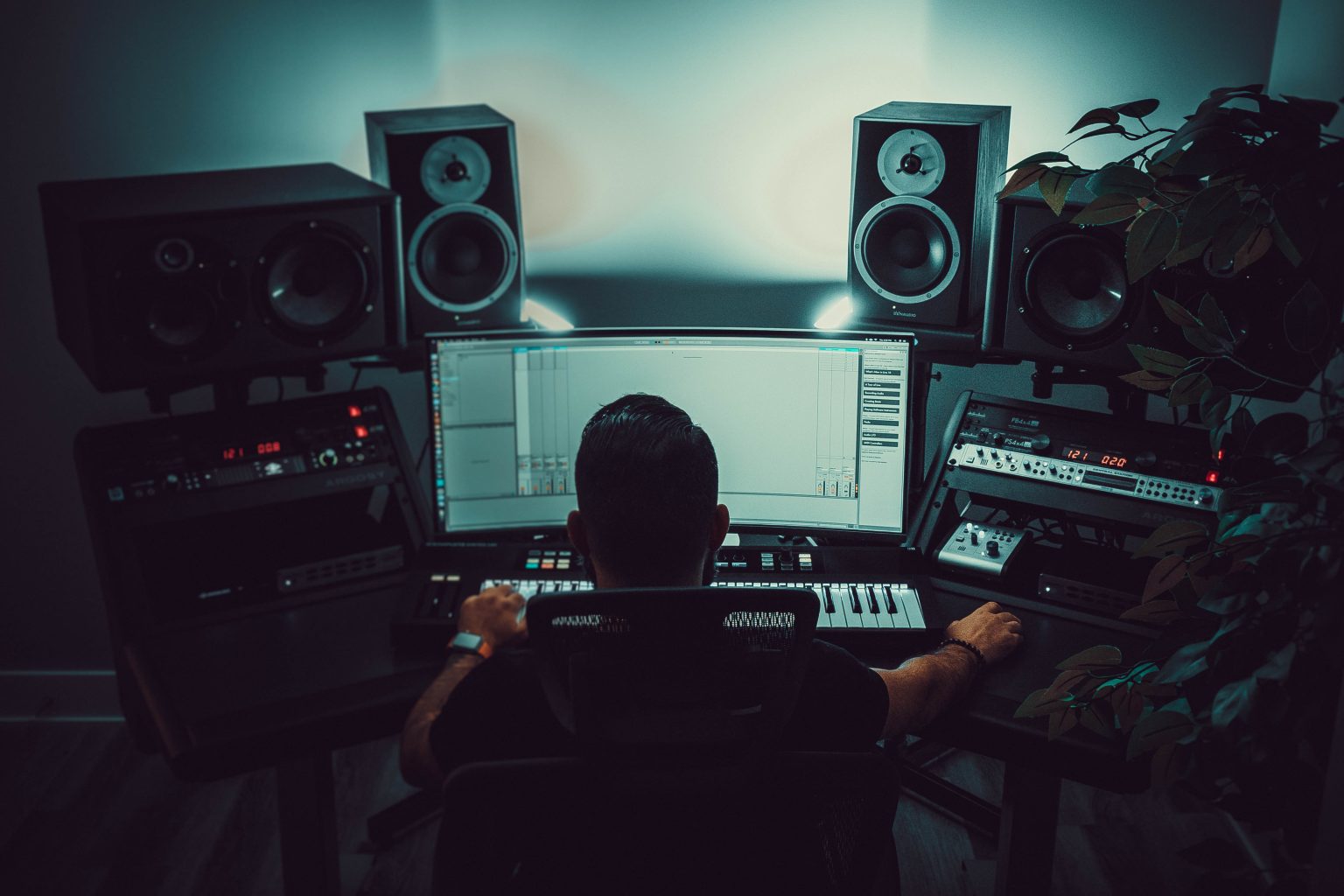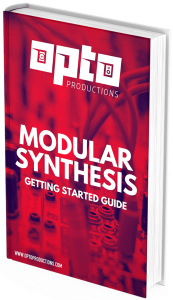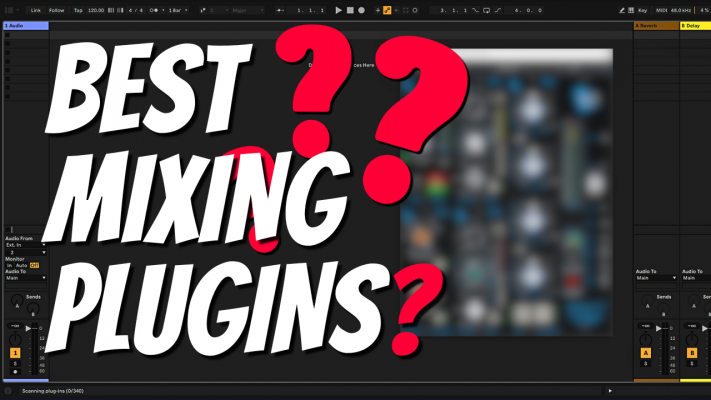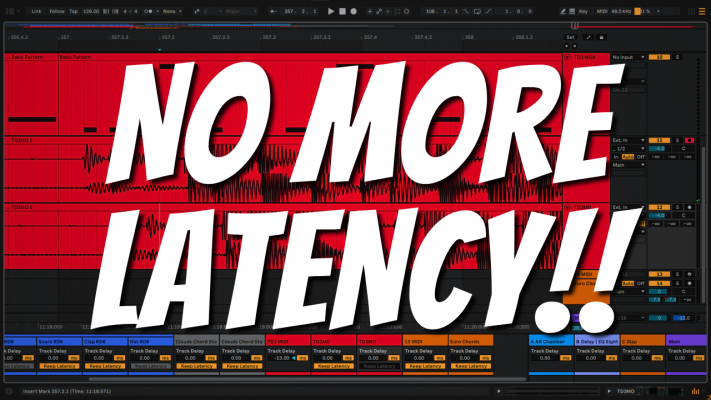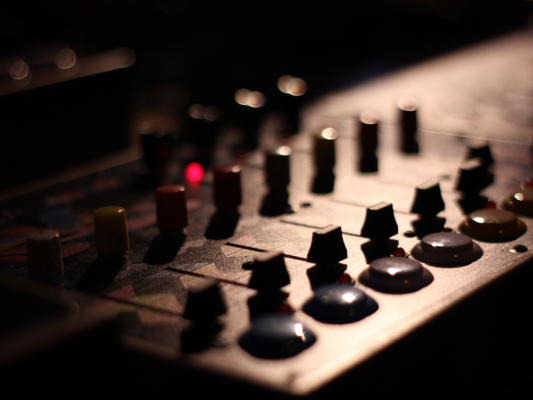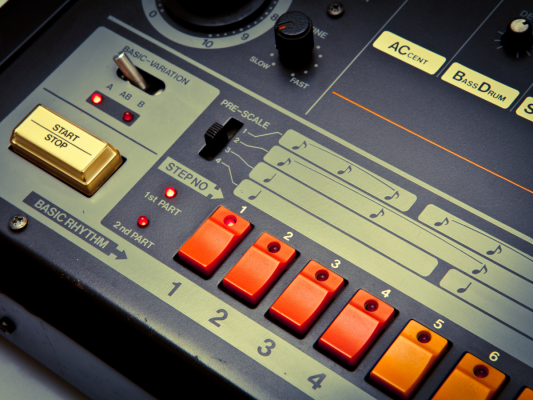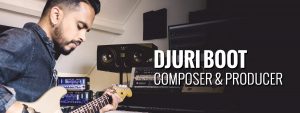Music Production is surrounded by myths and general internet advice like ‘use your ears’ or ‘don’t record with effects’. A lot of advice that is doing the round online or even in music education is outdated, and can even affect your music negatively. Some of these rules are created as a guideline to help beginning music producers get started quickly. But once you have more experience, you’ll realize that these rules are meant to be broken. So here’s my list of 9 music production myths: busted.
1. Record without effects
One apiece of advice that circles around the interwebs is to make your recordings without effects such as EQ, Compression, Delay, and Reverb. The reason behind this is that you cannot remove these effects once they are recorded. Of course, that’s true! But on the other hand, music production is all about making decisions. If you have a certain sound you’re trying to achieve, why not record it straight away? Saying to a recording engineer to record without effects is like saying to an electric guitarist to mute his effects pedals in the studio. That doesn’t make sense at all.
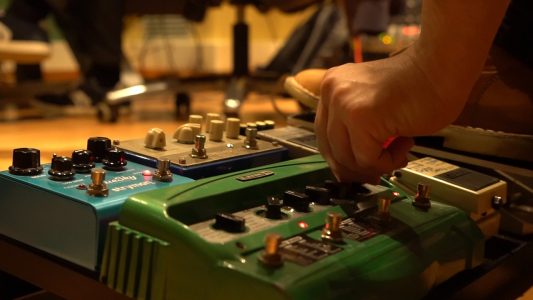
Once I realized this, I started recording with outboard equipment. Some light EQ here, some subtle reverb there. The key is to be subtle. Once you get used to this you can get more creative, but the advantage is that now your mixing process will be a whole lot easier because the recordings sound great from the get-go!
2. The more options, the better!
Speaking of making decisions, it is often seen as useful to have as many options as possible. In fact, this can’t be farther from the truth. The disadvantage of having many options is that you need to make lots of decisions. It may sound contradictory, but limitations actually give yourself more creative freedom.
Do you think Glyn Johns would have come up with his legendary ‘3-mic drum recording technique’ if he had access to a dozen of mics? I don’t think so. The Beatles may have had access to only a 4-track recorder, but that didn’t stop them from creating amazingly innovative music, did it?
Technical limitations force us producers to think creatively. By having an infinite number of options, you get overwhelmed rather quickly, which actually hurts your creative flow.
3. Use your ears!
This advice is thrown around all the time, and to a certain extent, there’s not that much wrong with it. It’s your music, so as long as it sounds good to you, you’ve achieved your goal. The problem is that you can’t always rely on your ears.
This can be due to technical reasons such as non-optimal acoustics or speaker placement, or headphones that tend to favor excessive low end, or a lack thereof. But it’s also a matter of experience.
It takes time to train your ears and this is true not only in mixing, but also with sample selection, or tuning vocal parts. And sometimes it’s simply not as easy to hear things. That’s why tools like frequency analyzers, oscilloscopes, correlation meters, and LUFS meters are invented.
4. It is legal to sample 3 seconds or shorter of a song
I have no idea where this myth comes from, but it’s simply not true that you can legally use music from other artists, even if it’s just a short sample. It may be less easy to recognize, even more so, when you throw a bunch of effects on top, but it’s still unauthorized use. You should always ask the original composer and music producer for permission.
Chords and rhythm can’t be copyrighted, but you still can’t sample a beat from someone else. That’s because a track has master recording rights. There’s simply no way to use someone else’s recording without permission.
Of course, you can wonder to what extent the use of samples may lead to trouble. A record company wouldn’t be quick to sue a budding music producer, but that doesn’t change the fact that it was still illegally obtained. So it’s best to just stick to royalty-free samples from the likes of Splice and Loopcloud.
5. You can only make music when you’re inspired

This is another widespread music production myth. As if you have to wait for inspiration to strike to make music. If that were the case, very little music would see the light of day! Music production and songwriting is maybe 1% inspiration, and 99% perspiration. Writing music is hard work and requires lots of practice. Often you just have to start and see where the ship strands.
Well-known artists may only release 10% of all the music they write. Quality comes forth from quantity. The more music you make, the higher the chance of finding that one raw gem.
And if you really can’t come up with new ideas, you can always do something else, such as designing sounds, analyzing existing tracks, or diving into a new synthesizer or mixing plugin. That way you stay busy with music, even if you don’t feel inspired.
6. You need talent to make music
Some people might have more talent than others, but talent only gets you to a certain point. Anyone can learn music production, it simply is a matter of practice, practice, practice, like any regular old musical instrument.
I have seen many talented musicians and songwriters who unfortunately did not have the motivation to achieve results. Talent or not, as long as you put in the time and effort, you can get anywhere you want.
7. Good music sells
I wish this was true, but unfortunately, there is so much music released these days, that making good music is simply not enough anymore. It’s all about who you know, and how good you are at marketing. Many producers started out by making remixes and doing ghost production work which eventually, little by little, landed them with better-appreciated gigs.
Also, realize that behind many well-known music producers, there’s actually a whole team of music professionals. Professional music producers also tend to share only success stories, we don’t get to hear the hundreds of crappy demos that preceded the hits they have today.
8. Mastering makes your tracks sound professional
Mastering is an art form that is not always understood. A mastering engineer can definitely improve your tracks, but this may only be a 5% to 10% improvement. It always begins with the source. You can hire the best mastering engineer in the world, but if your mixes aren’t cutting it, the mastering engineer can’t fix that. The same is true for mixing, when the production and songwriting aren’t up to par, excellent mixing won’t suddenly make it a hit song.
This is true for everything in music production. The best singer in the world won’t make your cheesy, hard-to-remember melody, magically work. Just like trying to dump a ton of plugins on a sample, when it’s the sample that is the problem, not the processing. You can’t polish a turd, as they say.
9. Spending more time on a mix makes it better
Many people think that the more time they spend on a mix, the better it will become. In reality, the opposite is true. The more time you spend on a mix, the more you lose your objectivity. After a while you get accustomed to the sound and the more you change it, the worse it usually gets.
That’s why most experienced mixing engineers don’t spend much more than around 4 hours on a mix. The first impression is what counts. The same is true for mastering, by the way. That’s why I often take a few weeks off when mixing my own music, this allows me to come back with fresh ears, so I can focus on what the song truly needs.
Myths Busted
There is a lot more advice out there, especially on the internet, that you should take with a grain of salt. What are some of the myths you believed in, that seem counter-intuitive right now?
